Fasting has gained immense popularity for its potential health benefits, ranging from weight loss to blood sugar control to overall cleansing of the body.
However, one common dilemma that fasting enthusiasts often face is deciding what to drink during fasting periods.
People want to know what to drink during fasting and what breaks a fast.
In this guide, we’ll break down the various types of fasting and explore the drinks that are not only allowed but can also enhance your fasting experience.
Here are some common fasting questions:
- “What should I drink to break a fast?”
- “What breaks your fast while fasting?”
- “What will knock you out of fasting?”
- “What can I put in my coffee that won’t break my fast?”
- “What drinks won’t break a fast?”
- “Also, what are drinks to break a fast?”
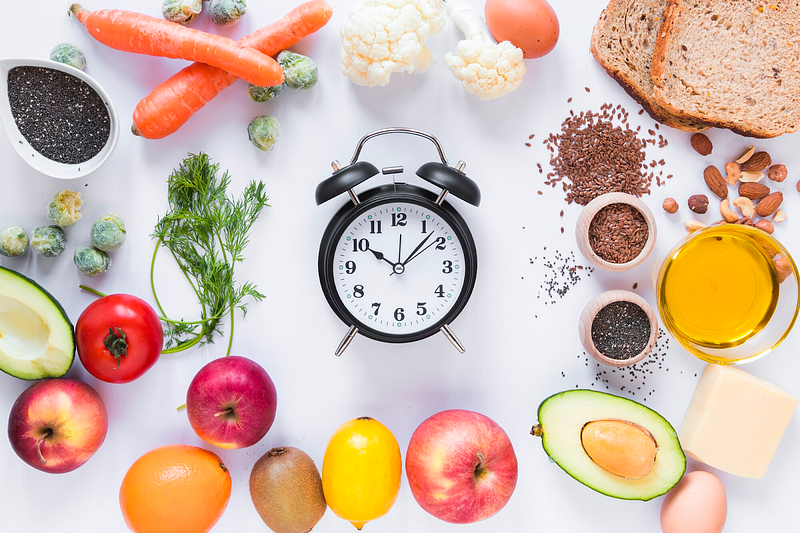
Types of Fasting:
Water Fasting
Water fasting stands out as the most stringent form of fasting, pushing the body into cleanup mode, also known as autophagy, by restricting the intake of external raw materials.
This method forces the body to recycle and clean up any microbe fragments, excess food, or fat, producing the raw materials needed for cell regeneration and organ healing.
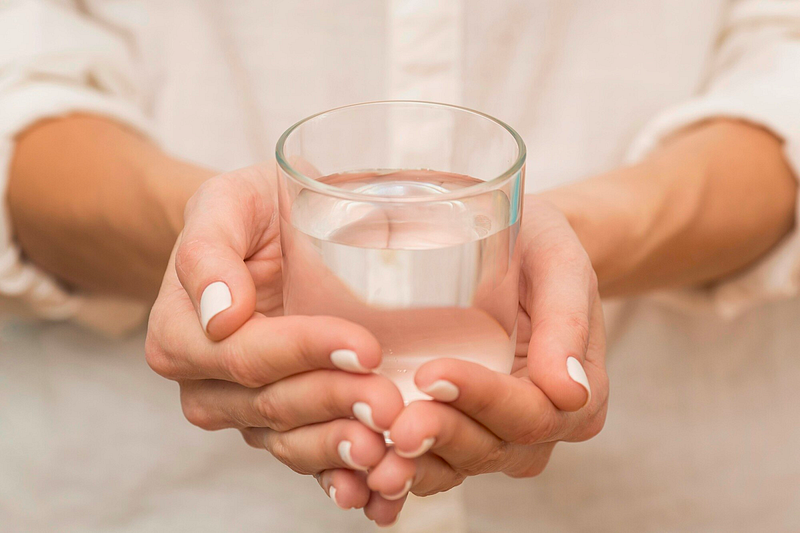
Dirty Fasting
Dirty fasting allows a bit more flexibility by permitting the consumption of fats or different drinks that don’t cause a significant spike in insulin levels.
This approach acknowledges that fats and proteins, when ingested, don’t necessarily disrupt the fat-burning and appetite suppression mechanisms crucial during fasting.
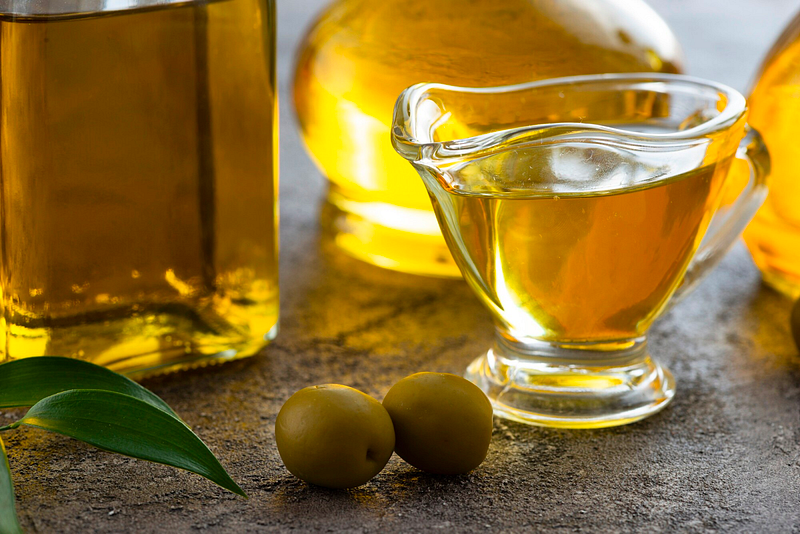
Fat Fasting
Fat fasting involves allowing the intake of specific fats, such as MCT oils, coconut oils, and broths.
While this approach keeps insulin levels down, it does involve calorie intake.
It’s a method that allows for a bit of variation while still maintaining the benefits of fasting.
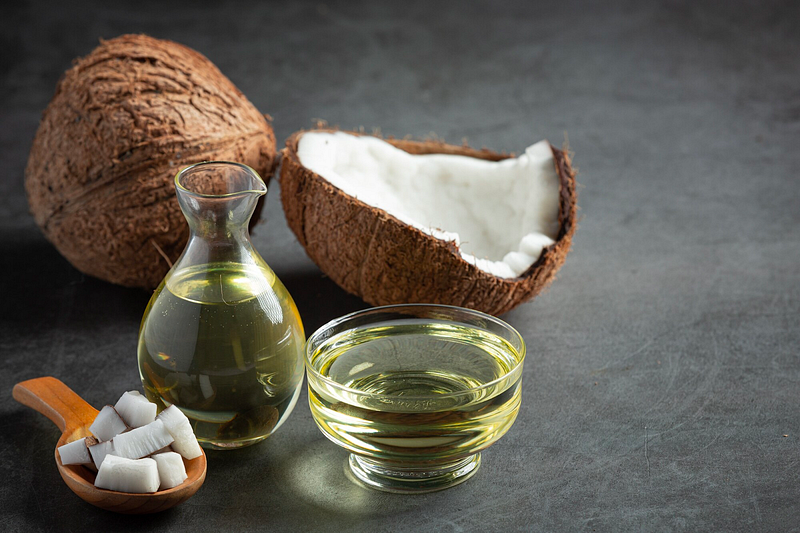
Low-Calorie Fasting
Research from the University of Southern California (USC) suggests that keeping your daily calorie intake under 200 calories for three straight days can induce cleanup mode rapidly.
Low-calorie fasting could offer benefits for the immune system and aid in the elimination of harmful microorganisms and viruses.
This method provides a different perspective on fasting by incorporating a calorie limit.
Acceptable Drinks During Fasting:
Coffee
Coffee is a versatile drink that’s permissible in various forms of fasting.
Studies suggest that coffee helps control insulin levels, suppresses appetite, and may even contribute to autophagy.
However, it’s crucial to choose quality coffee, preferably shade-grown or organic, to avoid the introduction of molds and pesticides that could counteract the benefits of fasting.
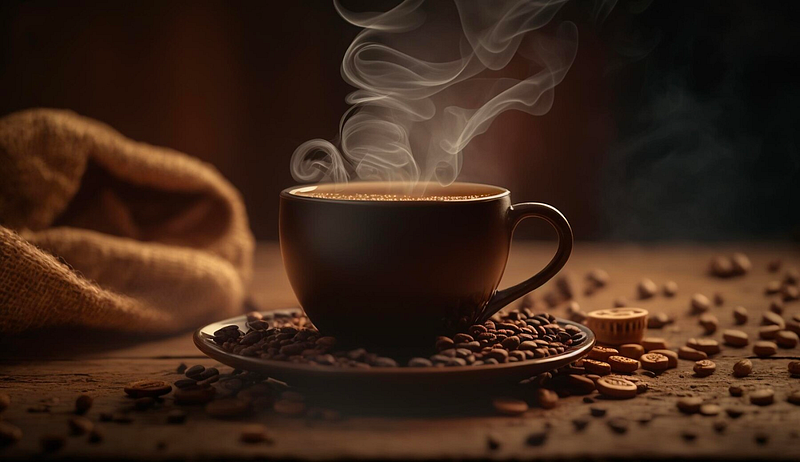
Tea
Tea, particularly herbal varieties, aligns with fasting goals.
Herbal teas are known for their anti-inflammatory properties and can complement fasting without disrupting the process.
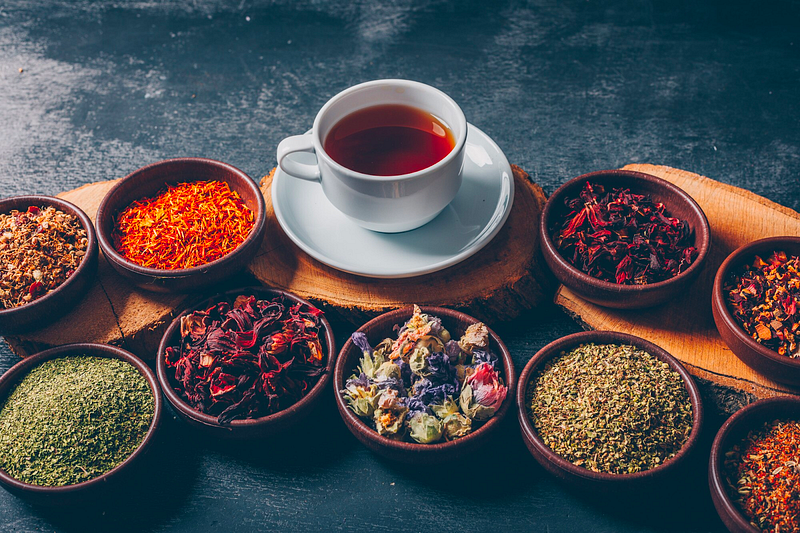
Collagen
Collagen, available in powdered or broth form, stabilizes blood sugar levels and aids in insulin resistance.
Adding a scoop of collagen to coffee or broth creates a satisfying and nutrient-rich drink that supports fasting goals.
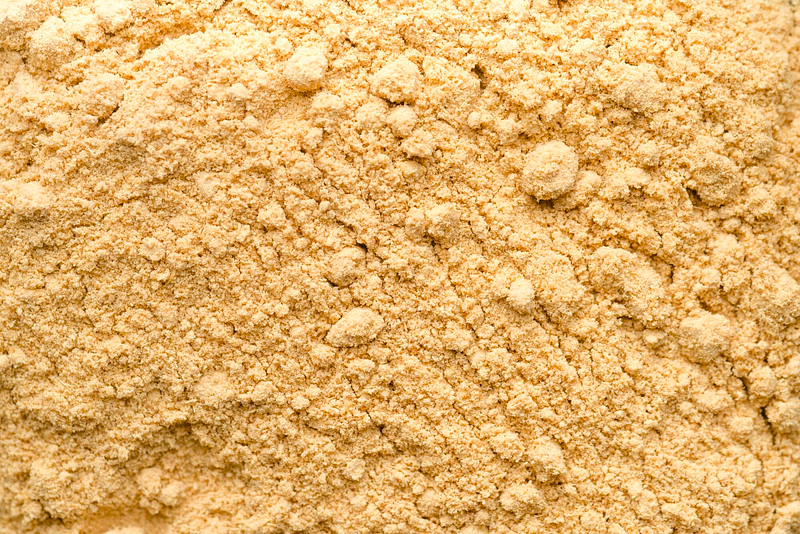
Use of Powders
While incorporating powders during fasting, caution is necessary to make sure they do not compromise the fasting benefits.
Powders such as greens powders and electrolyte powders can be included, provided they are free from dairy and sugars that may spike insulin levels.
Collagen powders, in particular, are recommended for their protein content without the sugar spikes associated with whey protein.
Low-Calorie Fasting Options
For those opting for low-calorie fasting, juicing with low-calorie vegetable juices or utilizing a greens powder with minimal calories is a possible option.
It’s essential to steer clear of high-calorie fruit juices.
Stick to low-calorie alternatives that keep the body in fat-burning mode.
Caution with Diet Drinks
While diet drinks may seem like a low-calorie option, they come with a major caveat.
These drinks, along with many flavored waters and water flavorings, may contain chemicals and neurotoxins that counteract the benefits of fasting.
It’s best to stick to approved drinks like coffee, tea, collagen, broths, and low-calorie vegetable juices for a more effective fasting experience.
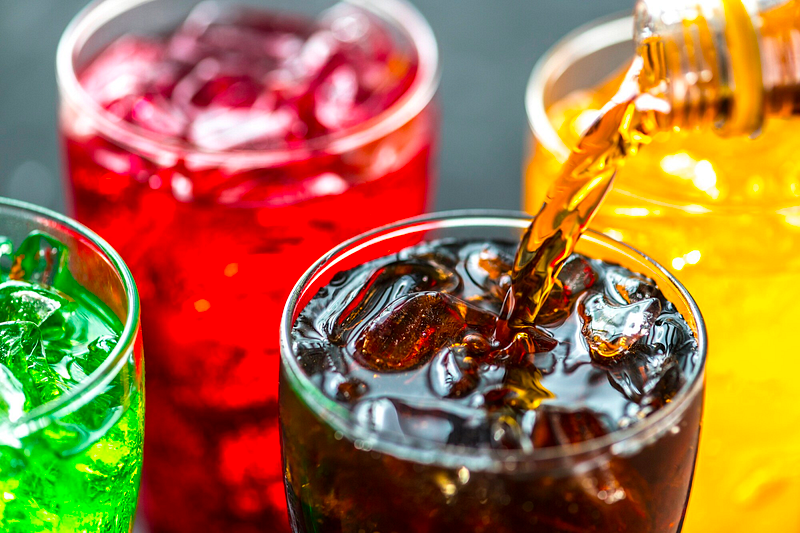
Conclusion
In the realm of fasting, the choice of drinks plays a significant role in optimizing the experience.
Whether you adhere to strict water fasting or embrace a more flexible approach like dirty fasting, the right beverages can enhance the benefits and make the fasting journey more sustainable.
As with any health-related practice, it’s essential to listen to your body, consult a medical professional, and tailor your fasting routine to suit your individual needs and preferences.
Here’s to a well-hydrated and optimized fasting journey!








